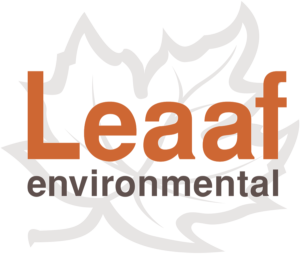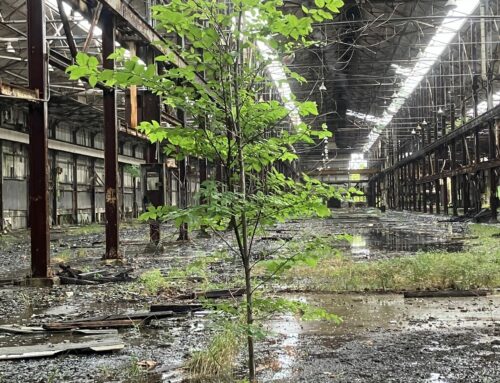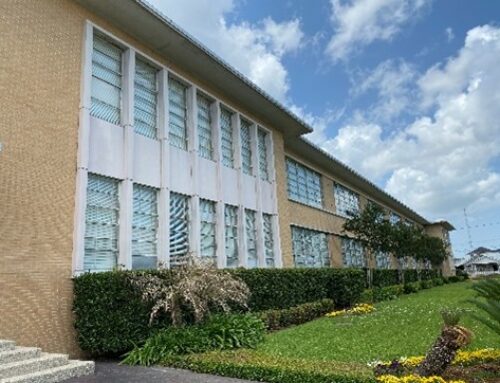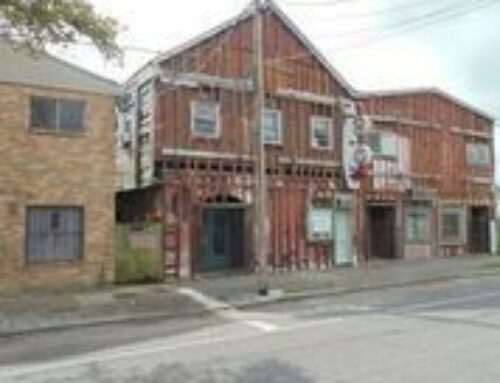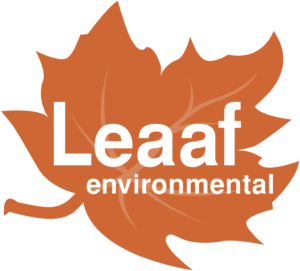Leaaf Environmental, LLC (Leaaf)’s Indoor Air Quality Division was contracted by the Baptist Theological Seminary to provide asbestos management and various environmental services in accordance with the Asbestos Hazard Emergency Response Act (AHERA) guidelines. Since 2016, Leaaf has performed asbestos awareness designated person training, asbestos inspections and bulk sampling, air monitoring services during abatement, three-year re-inspections, and management plan updates as required by the Asbestos Containing Materials (ACM) in Schools Rule, pursuant to AHERA guidelines for all buildings located on the 70-acre main campus, including numerous academic and administrative buildings, residence halls, laboratory spaces, mechanical rooms, and various other facilities. As problems arise or renovation activities disturb ACM, Leaaf continues to work with school personnel and abatement contractors to remove or manage asbestos issues.
As a result of damage sustained from Hurricane Zeta in 2020, Leaaf was called in to assess the water damage, moisture penetration, and potential mold growth of a three-story apartment complex on seminary grounds. Initial work included an inspection for mold growth and moisture intrusion. Leaaf’s survey identified nine (9) units with elevated moisture content, five (5) units with airborne mold, and various units/areas with visible mold growth. Leaaf prepared a mold remediation scope of work detailing protocols for the specialized cleaning and mold abatement, including square footage of materials to be removed, containment, clearance inspection guidelines and personal protective equipment guidelines. As part of the project, post-remediation air samples were collected. Furthermore, Leaaf professionals communicated with the contractors and the client to ensure the remediation was being completed in accordance with industry standards.
In 2021, Leaaf was called in to conduct limited asbestos surveys of water damaged building materials throughout the campus affected by Hurricane Ida. Leaaf surveyed a total of 80 buildings and collected a total of 976 samples of materials that could potentially be impacted by future renovations. Moisture surveys and mold air samples were also collected from within and outside the buildings. Leaaf provided detailed final reports with homogeneous area forms for the school to update their AHERA management plan with the findings. In addition, Leaaf prepared moisture and mold investigation reports and a mold clearance report.
